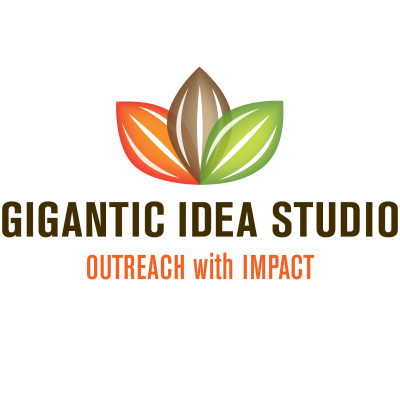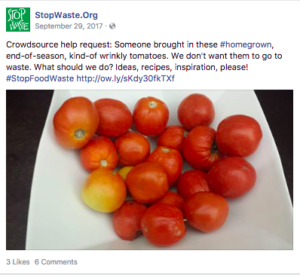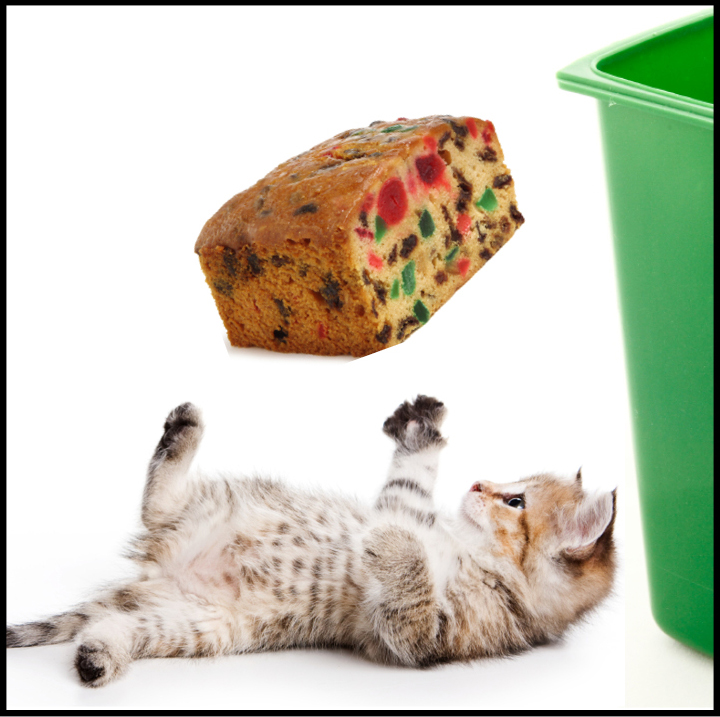We’re hiring!  The Marketing and Public Outreach Associate (MPOA) will be in charge of developing strategies for delivering communications and advertising content to the intended audience. Our campaigns promote environmental programs and behaviors on topics such as wildlife protection, recycling, waste reduction, local ordinances, gardening workshops, composting, litter prevention, water pollution prevention and more.
The Marketing and Public Outreach Associate (MPOA) will be in charge of developing strategies for delivering communications and advertising content to the intended audience. Our campaigns promote environmental programs and behaviors on topics such as wildlife protection, recycling, waste reduction, local ordinances, gardening workshops, composting, litter prevention, water pollution prevention and more.
The MPOA associate enjoys planning and executing both online and offline strategies to reach diverse audiences. From running social media and digital ads and sending e-blasts, to working with local and online influencers and community, businesses or business organizations, our goal is to create community-based outreach plans for our clients that deliver measurable engagement. Our campaigns range from hyper-local (cities, neighborhoods) to regional or California-wide.
Ideal candidate has experience in planning, managing and reporting online and off-line marketing, including:
- Managing paid promotions in house: set up ads on Google/YouTube, Facebook, Instagram, TikTok; and expand reach to other platforms, as appropriate
- Managing media buys with vendors
- Implementing E-blasts, e-mail campaigns
- Placing and managing streaming audio or video ads
- Staying current with best practices of social media and digital advertising, and updating the Gigantic team
- Familiarity with and ability to negotiate, purchase and place ads for print, outdoor, point-of-sale and other offline promotions
Additional experience or interest in one or more of the following is also highly desired:
- Setting up/managing webinars or online workshops
- Planning and posting social media content
- Creating social media/media content
- Copywriting
Additional qualifications:
- Great communication and presentation skills are a must: the Associate will communicate and present media plans and campaign results to committees, clients and our internal team.
- Multi-cultural media experience and/or bilingual in another language is a big plus.
- Ability and interest in further training and skill-building is also a must. We are small firm and ideal candidates like the flexibility of doing more than one type of task/role within our tight-knit and supportive team. We are willing to provide training for the right candidate to attain optimal job performance
We offer:
- Competitive compensation based on candidate’s experience, portfolio and references.
- A supportive small-team company culture.
- Benefits include health insurance, IRA contribution, paid vacation, sick and holiday time
- We are open to discussing arrangements from 30 to 37 hours/week.
- Associates can work from home at this time, but we prefer some days in the office when we get to post-COVID conditions.
Please submit a resume and cover letter, and include a description and results of one sample campaign that you implemented. Email to [email protected]

